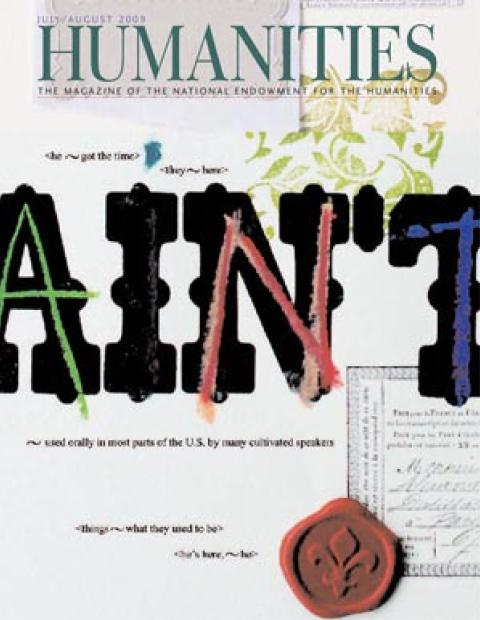From The Most Disreputable Trade: Publishing the Classics of English Poetry 1765–1810 by Thomas F. Bonnell, published by Oxford University Press, 2008. The following excerpt depicts the particular plight of innovative printer and typographer John Baskerville at a time when English publishers, printers and booksellers vied for the right to bring authors of the national literature to the light of day.
As Shakespeare, Spenser, and Milton were earning ultra-canonical status from the 1740s through 1760s, other poets also were receiving the honor conferred only by publishers: multiple reprintings. Yet copyright practices hampered the process. At stake were literary properties in authors and titles to which London booksellers laid exclusive claim, ignoring the terms of the 1710 Copyright Act . . . , which protected books then in print for twenty-one years (until 1731), and new publications for fourteen years, with an additional fourteen years if the author were still alive at the end of the first fourteen. Against this interpretation of the law, some booksellers argued that an author enjoyed a common-law right to his work, and this right, if assigned to a bookseller, was held (as by the author to that point) in perpetuity. In short, the situation was confusing, and the powerful London booksellers did their best to deepen the confusion in order to stave off competing editions of their authors, or run them out of the market.
Their stranglehold on literary property is illustrated by the frustrations of John Baskerville. Initially unaffected by copyright constraints, Baskerville undertook an edition of Virgil in 1754, producing proposals and specimen sheets and eventually Bucolica, Georgica et Aeneis itself in 1757. Meanwhile he looked forward to another major project, Milton’s poems. A newcomer to the book trade, he now confronted a bitter truth: “The Booksellers claim an absolute right in Copys of books, as old as even Milton & Shakespeare; the former of which I did design to have printed, but am deterred by Mr. Tonson & Co. threatening me with a bill in Chancery.” He was taken aback to find Milton’s works so jealously guarded more than eighty years after the author’s death. ”When Virgil is done,” he wrote self-pityingly, “I can print nothing but another classick . . . which I cannot forbear thinking a grievous hardship after the infinite pains & great expense I have been at.” Though happy to print ancient texts, it galled him to think that extra-legal pressures should confine him to this arena, so he negotiated the “privilege” of printing Milton’s works, two conditions of which evidently were to add the phrase “for J. and R. Tonson” to his Birmingham imprint and to praise Tonson’s generosity and “singular politeness.” He went on to print editions of Congreve and Addison (1761), again with Tonson’s approval and name on the title-page, showing what an untenable position he was in. As far as reprinting classic English authors was concerned, Baskerville was kept in leading strings by the London trade.

